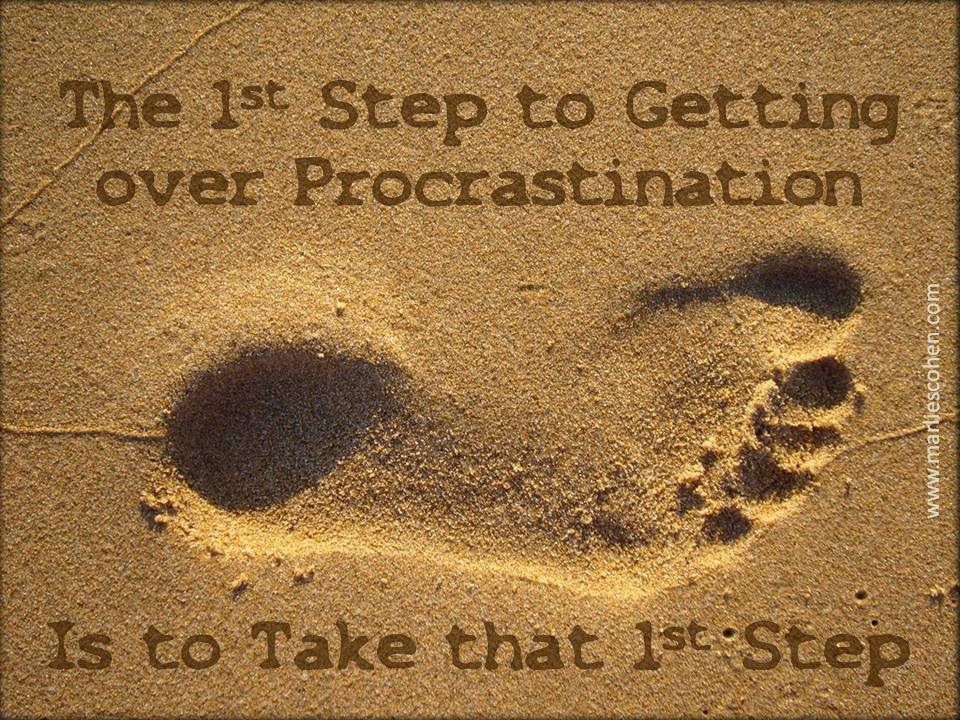Multitasking is defined as the ability to perform more than one task, or activity, over a short period of time. In today’s world, multitasking is becoming the norm in most offices and households. We’re always short on time so we figure that doing several things at once will help us get more done at the end of the day.
WRONG!
Our productivity actually goes down by 40% when multitasking, therefore eliminating any benefit we might have gained. This is because when we multitask, we are actually “switch-tasking”, which means quickly shifting our attention between multiple activities, constantly interrupting ourselves and losing our train of thought.
So what are some of the benefits of not multitasking?
- Becoming more mindful of your surroundings and your experiences
- Making big progress on challenging projects
- Actually completing those projects in a shorter time
- Reducing your stress levels
And here are some tips to avoid multitasking:
- Switch off all interruptions
- Shorten your deadlines so you can better focus on your project
- Establish two kinds of office at hours to focus more:
- Individual work hours – when all distractions are banned.
- Open office hours – when people can have the opportunity to reach you and get your input on something.
Want to read more about the downfalls of multitasking? Here is a good book you might want to read!
“The Myth of Multitasking: How “Doing it All” gets nothing done” – Dave Crenshaw
(https://www.goodreads.com/book/show/3346363-the-myth-of-multitasking)

Image source: Pixabay (CC0)









Recent Comments